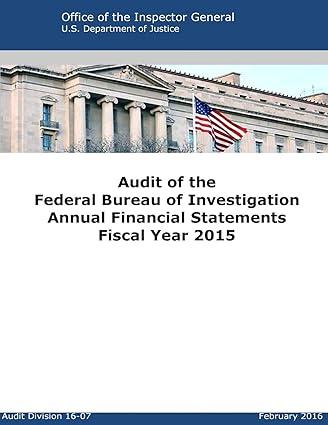Question
Whereas the Third Industrial Revolution (3IR) heralded transitions of workplaces on the back of digital technology, what stands out about the Fourth Industrial Revolution (4IR)
Whereas the Third Industrial Revolution (3IR) heralded transitions of workplaces on the back of digital technology, what stands out about the Fourth Industrial Revolution (4IR) is the velocity, uncertainty and impact of technological shifts that are in the early phases of presenting broad ramifications for the ways we live (not to mention only work). In order to be better prepared for this revolution, Akpofure Manufacturing Corporation (AMC) wants to replace a three year old machine with a brand new one costing R5m including R500 000 installation cost. The new machine will be used for 4 years. The initial change in working capital will be as follows: Inventory is expected to decrease by R500 000, trade receivables to increase by R350 000 and trade payables to increase by R250 000. Working capital will not be recouped at the end of the project. The old machine was originally purchased for R2m and can be sold today for R300 000. Both machines qualify for a straight line wear & tear write-off period of 4 years. It is estimated that the new machine will have a market value of R1m at the end of 4 years. A technical analysis that was undertaken last year by a consulting firm cost R300 000 and showed that the new machine is not expected to increase revenues, but it will decrease operating costs from R4m to R1,8m per year. AMC is financed by R80 million long-term debt, R20 million preferred shares and 2 million issued ordinary shares. The firm also has R15 million in short-term debt at a cost of 15% per year. The firm can raise long-term debt by selling R1000 par value, 12% annual coupon rate (coupons paid semi-annually), 4 year bonds at a discount of 3% on par value and has to pay R30 per bond flotation cost. The firm can also sell 10% preferred shares with a par value of R100 for R80, and has to pay R5 per share in flotation cost. TGSLs ordinary shares are selling at R50 each (a beta factor of 1.3 applies) and a dividend of R5 per share has just been paid. The average growth rate in earning of 7% of the last few years is assumed to continue in the near future. The risk free rate is 6% and the market return is 14%. The firms tax rate is 30%. REQUIRED Do a complete capital budgeting analysis of the incremental cash flows resulting from the replacement and calculate the NPV as well as the IRR. What is your recommendation to the AMC management? Motivate.
Step by Step Solution
There are 3 Steps involved in it
Step: 1

Get Instant Access to Expert-Tailored Solutions
See step-by-step solutions with expert insights and AI powered tools for academic success
Step: 2

Step: 3

Ace Your Homework with AI
Get the answers you need in no time with our AI-driven, step-by-step assistance
Get Started


